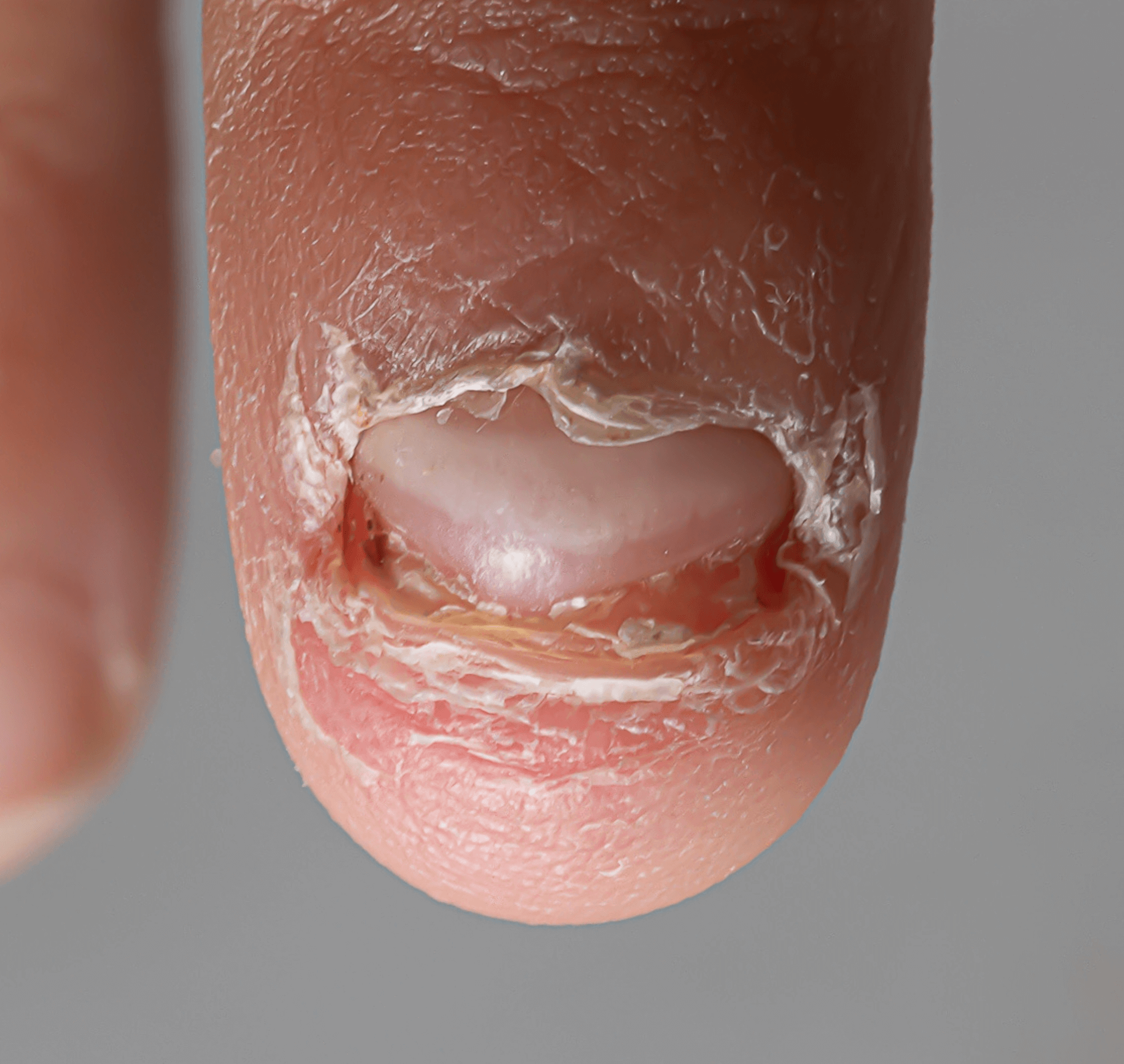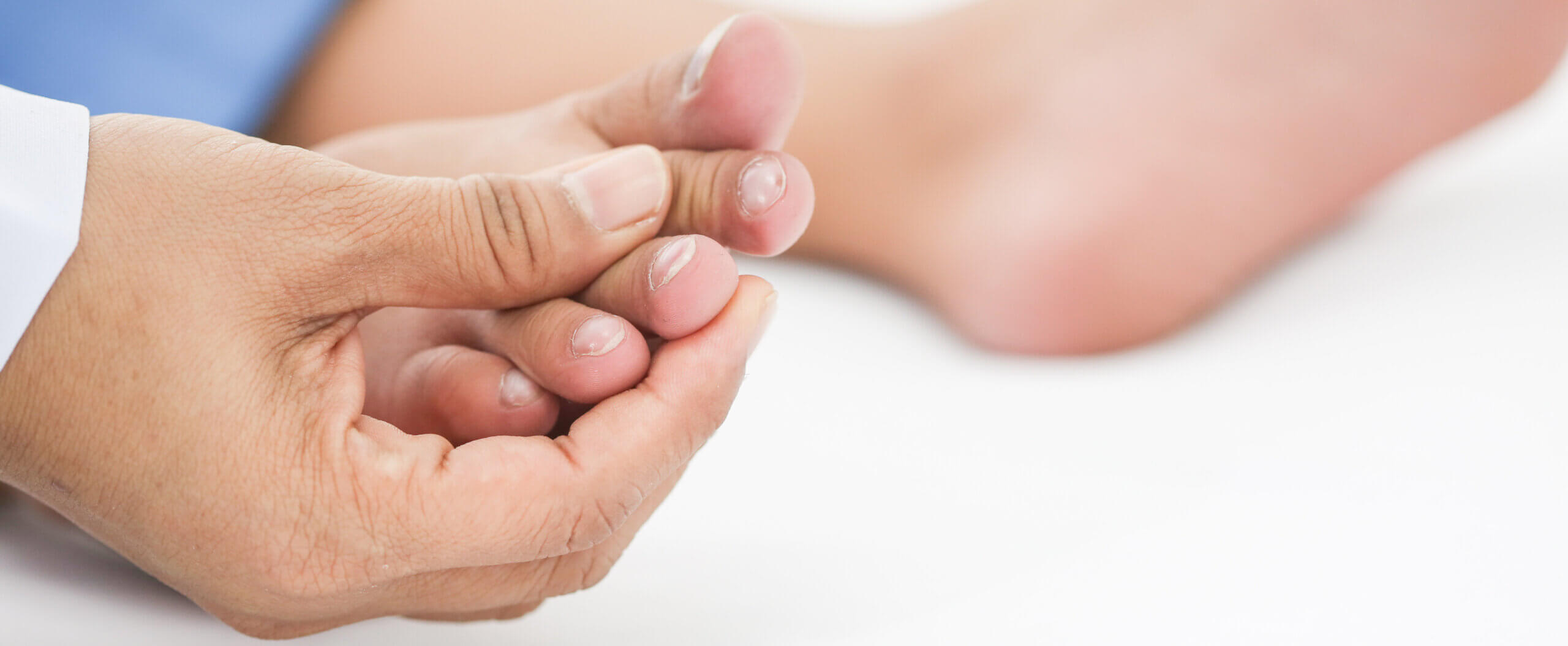Nail Disorders
At Devonshire Dermatology, our dermatologists have expertise with all types of nail disorders.
They are highly experienced in reading the clues your nails provide and will help you get the diagnosis and treatment you need.
At Devonshire Dermatology, our dermatologists diagnose and treat:
– Brown or black lines in the nail (melanonychia)
– Red line in the nail (erythronychia)
– Fungal nail infections (onychomycosis)
– Bacterial nail infections (paronychia)
– Cysts (mucous cyst, digital mucous cysts)
– Tumours, including benign and malignant tumors (glomus nail tumour, melanoma, squamous cell carcinoma)
– Warts (difficult-to-treat warts or warts that have not responded to therapy)
– Nail psoriasis
– Nail lichen planus
– Onycholysis (separation of the nail plate from the underlying bed)
– Brittle nails
– Allergic reactions (contact dermatitis) from nail polish, gel nails, or other nail cosmetics
If you are experiencing any of these symptoms, it is important to have your nails evaluated by a dermatologist as soon as possible. Do not ignore or cover these symptoms.
At Devonshire Dermatology, we understand that nail disorders can be difficult – and even painful – to live with. To make matters more challenging, nail disorders are frequently misdiagnosed, which can be frustrating or dangerous. It’s vital to seek out an evaluation promptly from a dermatologist who has experience diagnosing and treating nail disorders.


Consultation
- Detailed history of your skin concern
- Total skin examination
- Holistic assessment of your health
- Diagnosis
- Discussion of treatment options
- Personalised treatment plan
- Treatment
FAQs
Skin diseases such as psoriasis, eczema (dermatitis), lichen planus or lupus can affect the nails. Abnormalities may include pits, grooves or crumbling nails.
See answer

See answer

See answer



